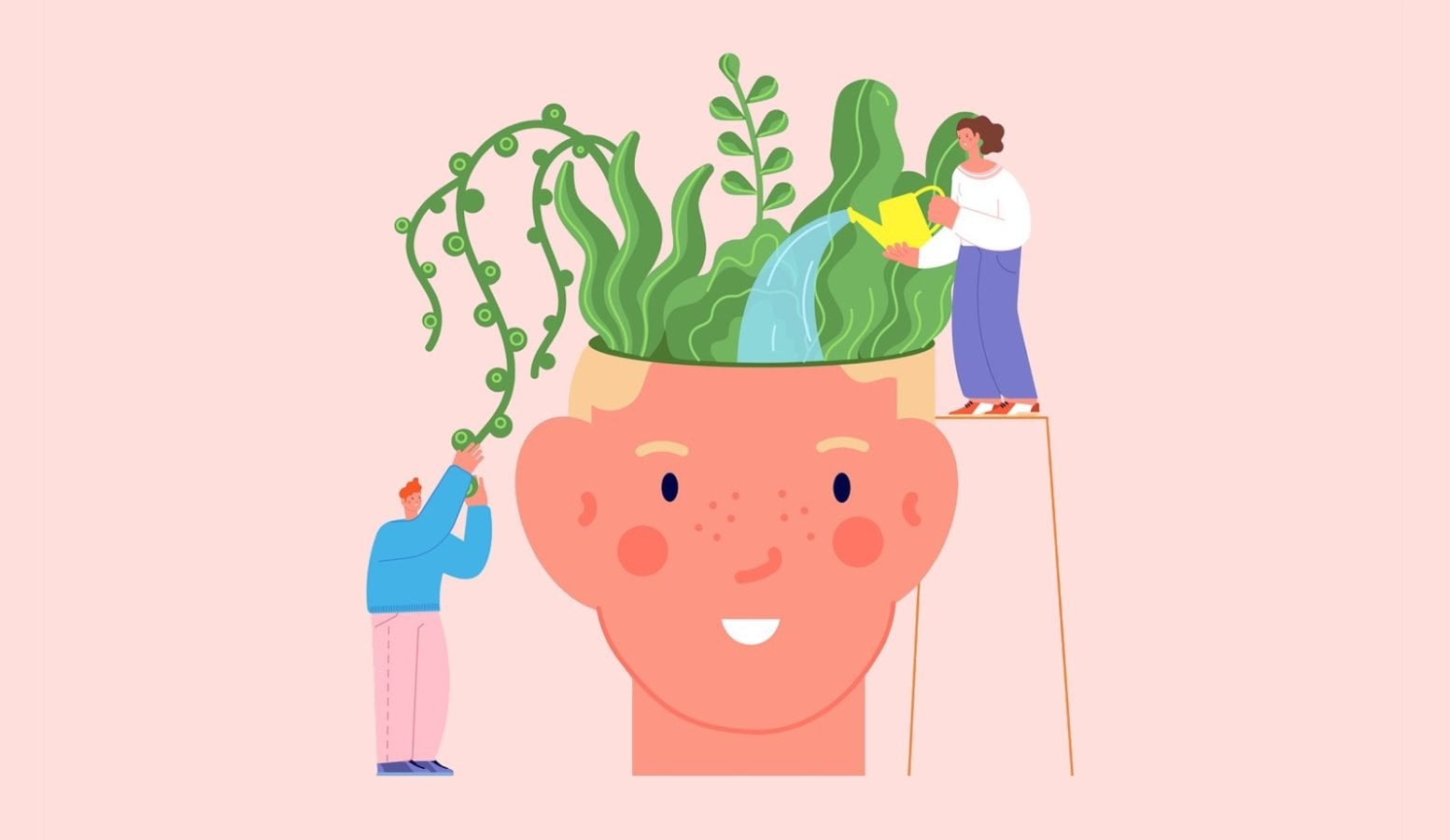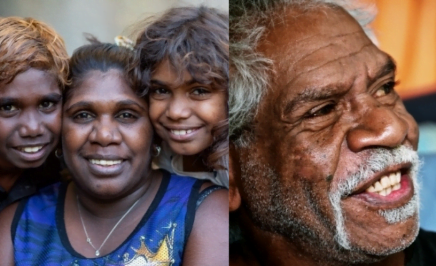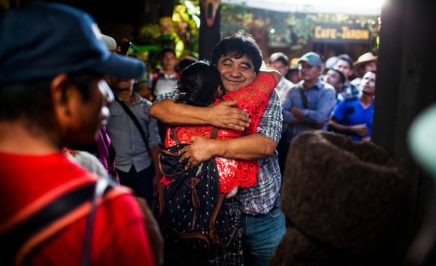The mental health and wellbeing of Amnesty staff, volunteers and activists is a key factor in determining the long-term effectiveness and sustainability of our movement.
By implementing wellbeing measures to complement other health and safety measures, we can ensure that we are all safe, healthy and engaged. Our Mental Health and Wellbeing Plan translates the vision we have for a healthy movement into actionable goals.
Themes and objectives
Amnesty’s Mental Health and Wellbeing Plan has four themes:
- Accessible support tools and resources: To provide accessible tools and resources to support the mental health and wellbeing of all our staff, leadership and movement.
- Processes, policies and systems: To implement and communicate processes, policies and systems that support the mental health and wellbeing of our staff and movement.
- Resilience building: To implement a regular plan of resilience building and of celebrating, rewarding and recognising our staff and movement.
- Training and capability building: To deliver tailored, regular and accessible training across the movement including to managers and people leaders, staff, the Activist Leadership Committees, the board and volunteers and activists.
What do we mean by mental health?
At Amnesty, mental health is an integral and essential component of overall health. It is a state of wellbeing in which every individual in our movement:
- Realises their own abilities
- Can cope with the normal stresses of life
- Can work productively and fruitfully
- Is able to make a contribution to their community
A mentally healthy movement is essential for individual health, collective wellbeing and productivity.
What do we mean by wellbeing?
Wellbeing relates to all aspects of life and work within Amnesty. It includes:
- The quality and safety of the physical environment
- The mental health of individuals in our movement
- How individuals feel, perceive and experience their work, their working environment and the organisation’s culture
- The organisation of our work, teams, campaigns and activities
A mentally healthy movement is essential for individual health, collective wellbeing and productivity.
A mentally healthy movement is one where:
- Everyone (including managers, staffs, activists and volunteers) understand mental health and wellbeing and openly talk about it
- Individuals in our movement watch out for each other and ask each other if they’re okay
- Leaders in our movement take ownership of collective resilience by supporting the ability of the movement to adapt, respond and recover from challenges, setbacks and unforeseen circumstance
- Individuals in our movement are equipped with the knowledge about the things they can do to build resilience for challenging times
- Individuals in our movement are encouraged to open up and seeking support during difficult times and a culture is built in which individuals feel comfortable to do so
- Individuals in our movement with mental health concerns seek help early
- Individuals in our movement with mental health concerns are supported










